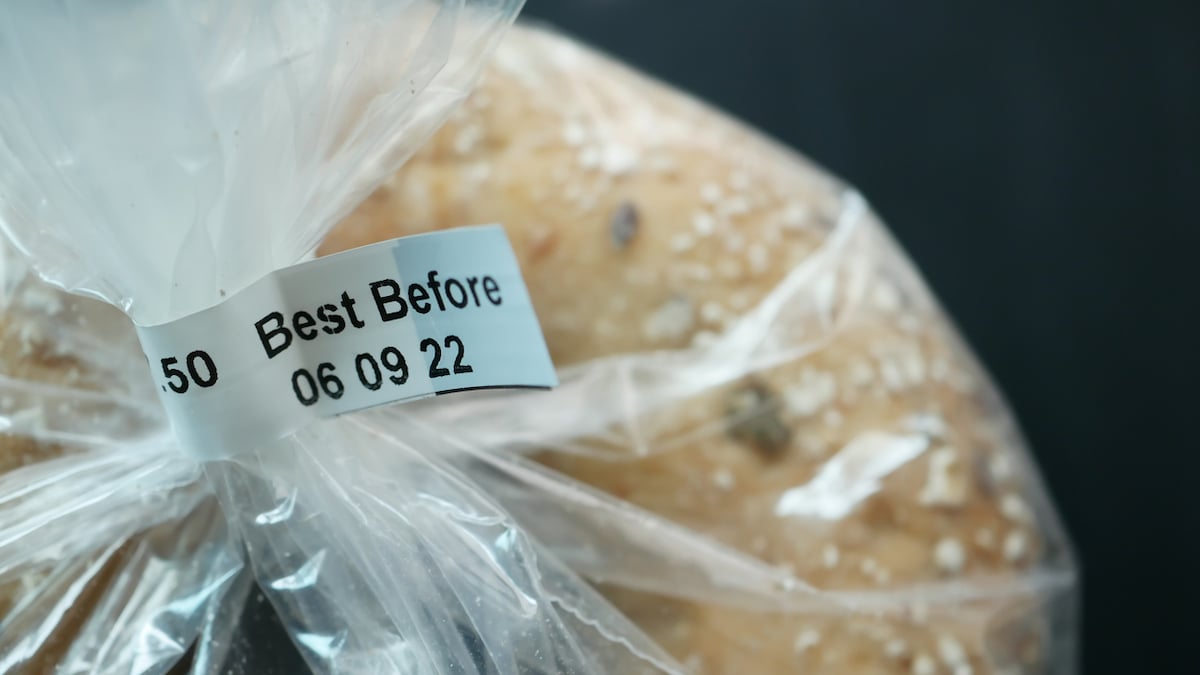The Delhi High Court has raised serious concerns regarding the sale of expired food products that are being repackaged and rebranded with new expiry dates, highlighting the alarming issue of “adulterated” food being forced upon consumers. During a recent hearing, the bench comprising Chief Justice Manmohan and Justice Tushar Rao Gedela emphasized that no one should be allowed to sell expired items, declaring it unacceptable for any business.
The court’s remarks came during the hearing of a public interest litigation (PIL) that was initiated automatically after numerous reports surfaced about expired products being relabeled and sold in the market. The judges urged that the issue requires immediate attention and effective solutions to safeguard public health.
Advocate Shwetashree Mazumdar, assisting the court as an amicus curiae, presented her report and proposed the implementation of a QR code system for all packaged food products. This initiative would allow consumers to track the original expiry dates of products, providing transparency and accountability in the food supply chain. She noted that while laws addressing food safety already exist, the penalties for violations are not stringent enough to deter such practices and warrant reconsideration.
The amicus curiae suggested, “Food business operators should be mandated to label all food products with a unique alphanumeric code or a QR code, which can be identified by FSSAI representatives through a centralized database, instantly revealing the batch number and expiry date of any product. This will help ensure that labels and information are not tampered with and will reduce the need for on-site sampling and testing.”
Katsumata’s proposal is akin to the mandatory QR code requirement imposed by the Ministry of Health for tracking and tracing certain pharmaceutical products, which aids in taking swift action against violators. The court instructed authorities to propose plans for enhancing sample collection and testing procedures.
In a stern warning to those accused of selling expired products, the bench told the defense attorney, “You cannot sell expired food items. This is not a legitimate business. Ensure your clients appear in court personally next time.” The court previously issued notices to the central government, Delhi government, Food Safety and Standards Authority of India (FSSAI), and Delhi Police, seeking their responses on the matter.
The PIL was triggered after Justice Prathiba M. Singh transferred the case to a division bench for judicial consideration. This action followed a civil suit filed by the renowned chocolate manufacturer Hershey, which sought a ban on the repackaging and sale of expired chocolates by counterfeiters during the festive season. The judge noted that the fraudsters had access to Hershey’s trademarks and packaging information and had attempted to pass off expired and counterfeit chocolates as genuine products from the complainant.
The single judge initially concluded that the case revealed an extraordinary situation concerning public health, particularly related to food products. The division bench reiterated in its January order that there exists a coordinated and systematic mechanism by which expired products are being resold, repackaged with new expiry dates, and presented in the markets.
With the high court taking a strong stance on this issue, the focus now shifts to ensuring stricter enforcement of food safety regulations and protecting consumers from substandard products.

